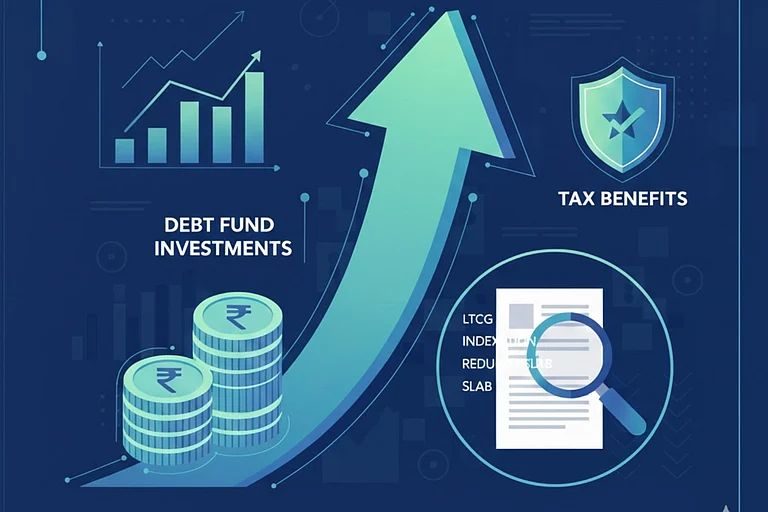The Securities and Exchange Board of India (Sebi) released new guidelines for public issues of debt securities, stating that retail investors applying for such issues through stock brokers for amounts up to Rs 5 lakh should only use UPI to block funds. Starting from Nov 1, 2024, this rule would apply to public issues of debt securities, non-convertible redeemable preference shares, municipal debt securities and securitised debt instruments.
"It has been decided that all individual investors applying in public issues of such securities through intermediaries (viz. syndicate members, registered stock brokers, registrar to an issue and transfer agent and depository participants), where the application amount is up to Rs 5 lakh, shall only use UPI for the purpose of blocking of funds," Sebi said.
The move aims to streamline the debt securities application process by aligning it with equity shares and convertibles. The use of UPI can reduce the need for physical documentation, making transactions faster and more efficient than traditional banking methods.
How Does It Work?
Individual investors applying for amounts up to Rs 5 lakh through intermediaries will be required to use UPI to block funds. They need to provide their UPI-linked bank account details in the application form.
Sebi reduced the period for seeking public comments on the draft offer documents from 7 working days to 1 day for issuers whose specified securities are already listed and 5 days for other issuers.
Issuers have the option to extend the bidding period by one working day if there are changes to the price range or yield. The minimum subscription period has been reduced from 3 to 2 working days. Additionally, if there are revisions to the price range or yield, the bidding period stated in the offer documents can be extended by one working day instead of three.
Investors will continue to have the choice of applying through self-certified syndicate banks or the stock exchange platform for making applications, Sebi said in its circular.













